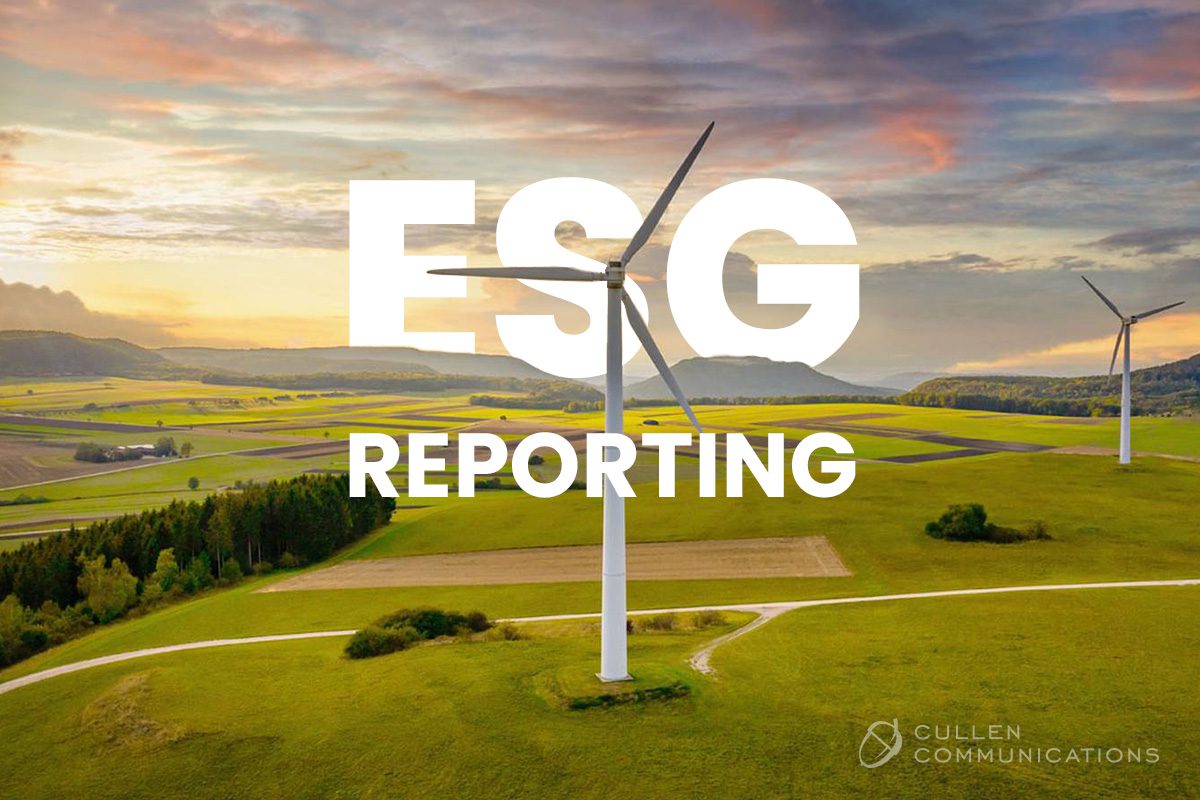These are uncertain times on planet Earth. This year alone, our natural environment has taken an unprecedented battering as climate chaos and war in Ukraine threaten all the things that humans need to survive: food, water, soil, air, security.
In our last blog, I wrote about Earth Overshoot Day and the need for society to only use resources at the same rate they can be replenished by nature. As things stand, we are not achieving that – we are living beyond our means. More than ever, we need to think and act sustainably.
Relevant Insights
At a business level, sustainability means operating in a way that improves productivity while also reducing environmental and social impact. Broadly, there are three sets of criteria that measure how companies are doing in terms of their sustainability impact:
- Environmental: How companies use energy, consume resources and manage their environmental impact (energy efficiency, carbon emissions, waste management, etc)
- Social: How companies look after their people and foster a sustainable culture that benefits the wider community (diversity, employee engagement, customer satisfaction, etc)
- Governance: How companies implement procedures and practices to ensure best industry practice (leadership, ethics, transparency, internal controls, etc)
By monitoring and reporting on their ESG performance, companies are not just holding themselves to account, they are demonstrating to sustainability-conscious stakeholders (customers, investors, media, employees and potential employees) why they are a company worth dealing with.
This is a really important point because businesses that prioritise sustainability, and routinely communicate their performance and progress on ESG issues, tend to do better than others. This has been repeatedly borne out by research which tells us that:
- Almost half of Irish consumers are willing to pay a premium for sustainable products
- More than 70% of job seekers want to work for environmentally sustainable companies
- ESG-orientated investing has increased by 68% in less than 10 years
Our Australian PRGN affiliate, Currie Communications, one of the most respected voices in sustainability PR, has coined the term ‘good ancestors’ for ESG-minded companies “that are not stealing from future generations”.
These are the companies that consumers, employees and investors want to buy from, work for, and invest in. This is where your brand needs to be.
How do you get there?
The first step is to make sure your organisation wants to transition towards sustainability. This must start at the top. Once management has bought in, you should conduct an ESG materiality assessment to identify the social, economic and environmental topics that are most relevant to the organization. These will form the basis of your ESG reporting.
Before you start reporting, however, it’s essential that you understand the ESG scoring system and the research process that underpins the scores. Basically, an ESG score quantifies a company’s level of risk in relation to the environment, internal society and corporate governance – a ‘good’ ESG score indicates a low level of risk.
Next comes the report. The key components of your report will be a defined ESG strategy and a set of metrics and goals that show how you are identifying, tackling and improving on key topics. Here, our Cleveland, Ohio, affiliate Roop & Co looks at how some of the world’s leading brands approach their ESG reporting. Keep an eye also on what your competitors are doing in this space.
Finally, now that you have got started with ESG reporting, it’s critical to communicate your results and progress: to investors; to staff; to media; to potential employees; and to any other stakeholder that is relevant.
Here at Cullen Communications, we know that no business is perfect. Brands today face an array of challenges and an enhanced level of scrutiny, especially when it comes to sustainability issues. By helping our clients to define and communicate their ESG impact, we give a voice to brands that are trying to be more sustainable. If you’d like to learn more about our sustainability PR services, we’d love to talk to you.

About the author
Owen Cullen is Managing Director of Cullen Communications, providing strategic consultancy to brands looking to embrace sustainability transition and enhance ESG performance. Owen holds a Diploma in Sustainability Leadership from the University of Cambridge.





